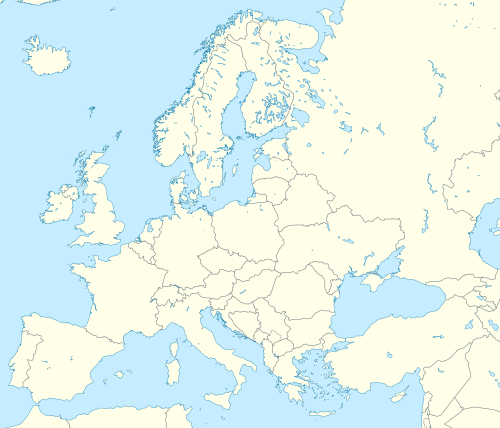| Koripallon Euroopan-mestaruuskilpailut 2017 (in Finnish) Europamästerskapet i basket för herrar 2017 (in Swedish) אליפות אירופה בכדורסל 2017 (in Hebrew) Campionatul European de Baschet Masculin din 2017 (in Romanian) 2017 Avrupa Basketbol Şampiyonası (in Turkish) | |
|---|---|
 | |
| Tournament details | |
| Host countries | Finland Israel Romania Turkey |
| Dates | 31 August – 17 September |
| Teams | 24 |
| Venue(s) | 5 (in 4 host cities) |
| Final positions | |
| Champions | |
| Runners-up | |
| Third place | |
| Fourth place | |
| Tournament statistics | |
| Games played | 76 |
| Attendance | 315,737 (4,154 per game) |
| MVP | |
| Top scorer | (24.3 points per game) |
EuroBasket 2017 was the 40th edition of the EuroBasket championship that was organized by FIBA Europe and held between 31 August and 17 September 2017. Beginning from 2017, the continental championships take place every four years with a similar system of qualification as for the FIBA Basketball World Cup. [1]
Contents
- Host selection
- Venues
- Format
- Qualification
- Draw
- Seedings
- Final draw
- Squads
- Preliminary round
- Group A
- Group B
- Group C
- Group D
- Knockout stage
- Final
- Final standings
- Statistics and awards
- Statistical leaders
- Awards
- FIBA broadcasting rights
- Medal team rosters
- References
- External links
Like the previous edition, the tournament was co-hosted by four countries. Games in the group stage were held in Turkey, Finland, Israel and Romania. The knock-out phase was played in Istanbul, Turkey.
Slovenia won their first-ever tournament after defeating Serbia 93–85 in the final. [2] Spain won the bronze medal by beating Russia with the same result. [3]











